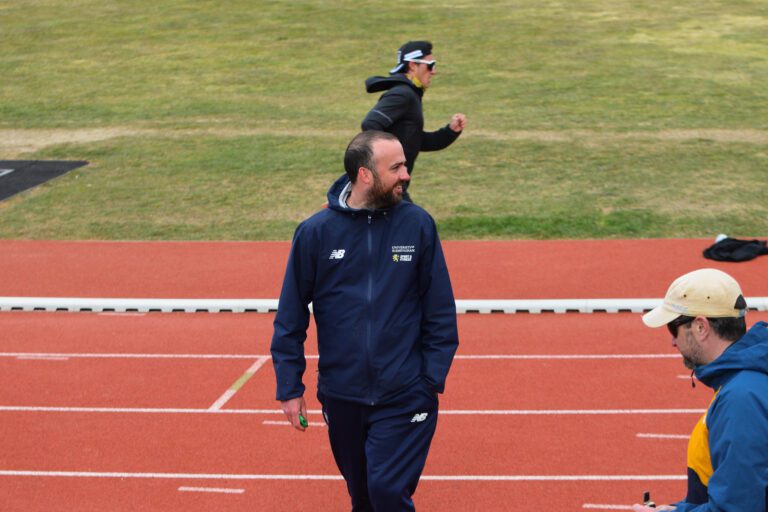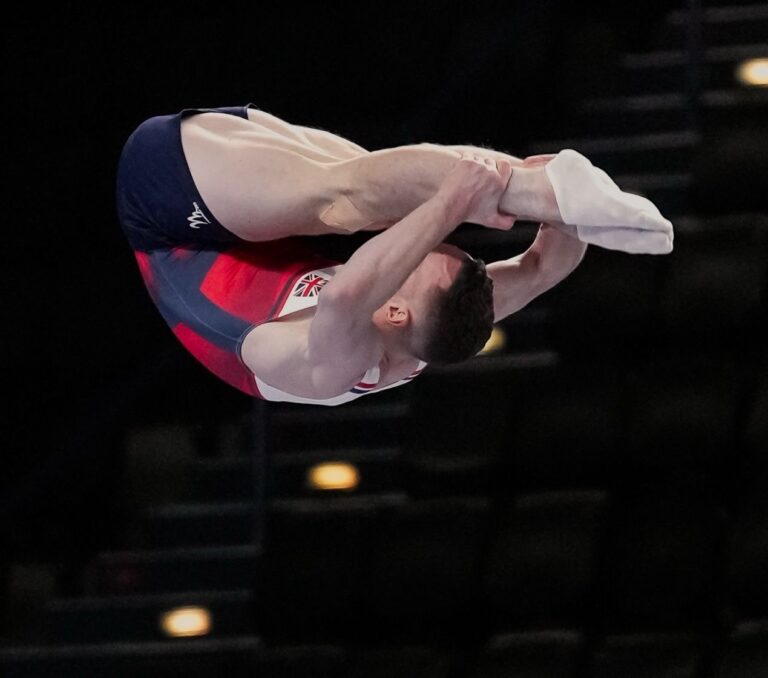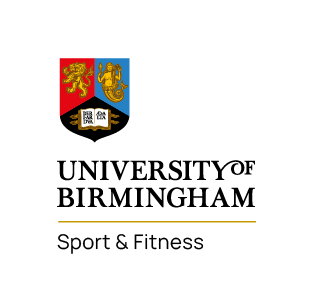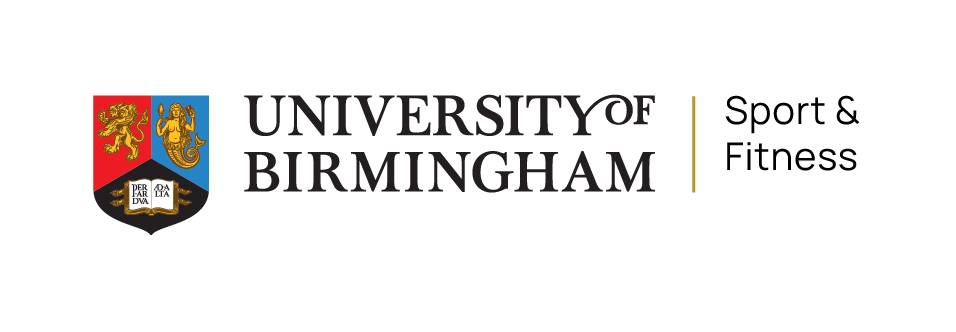
From Student Athlete to Coach: Para Sport with Dean Miller
From Student Athlete to Coach: Para Sport with Dean Miller Dean Miller is our Endurance Manager and Coach for the Athletics club here at the

From Student Athlete to Coach: Para Sport with Dean Miller Dean Miller is our Endurance Manager and Coach for the Athletics club here at the

Five Minutes With: Andrew Stamp Biological Sciences student, Elite Sport Scholar, 2023 BUCS Champion and British Gymnastics’ World Class Performance Programme star Andrew Stamp made
Scroll down for more options…
Scroll down for more options…
Scroll down for more options…

